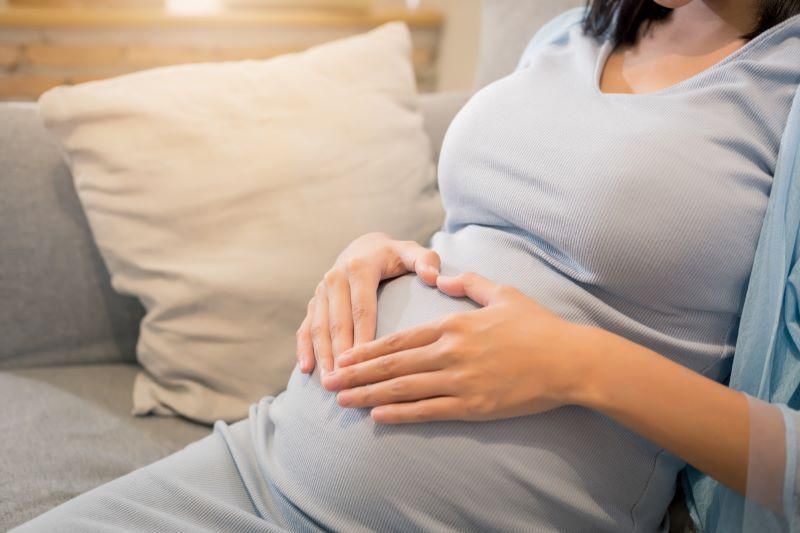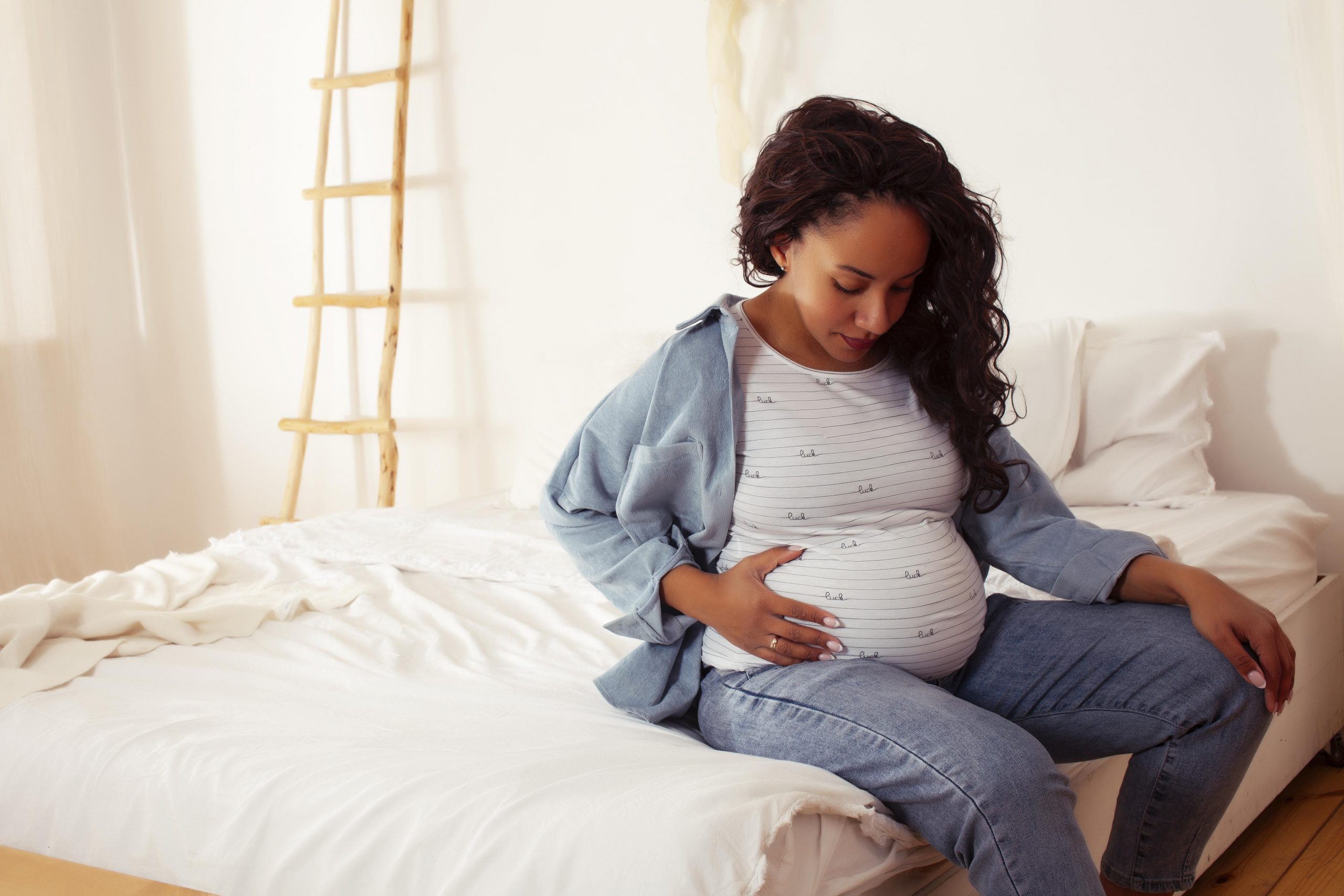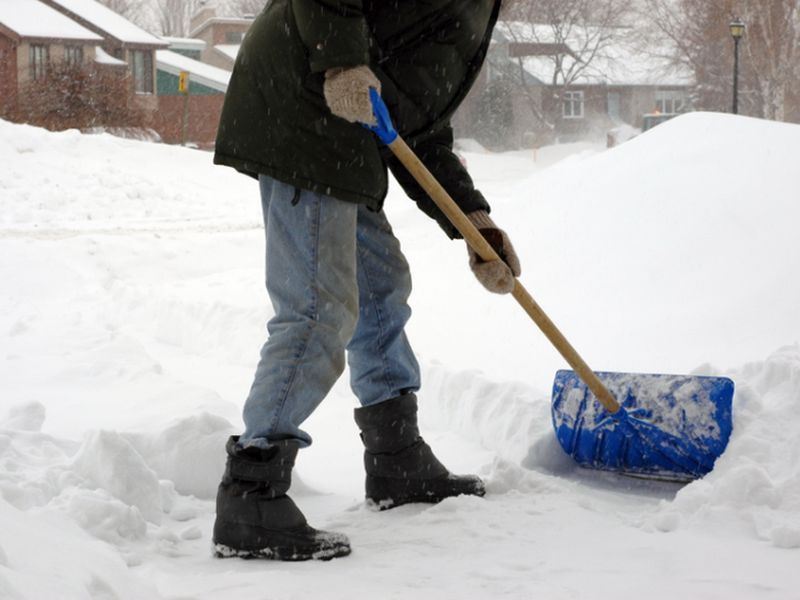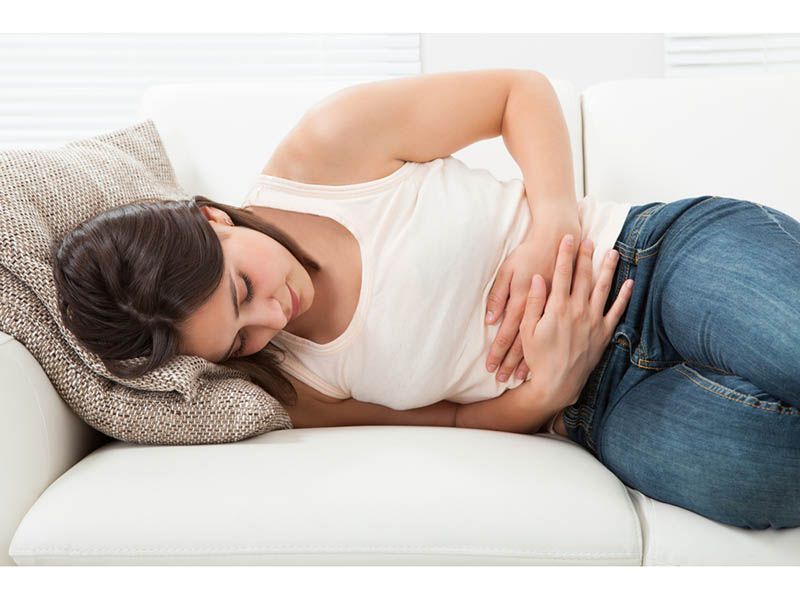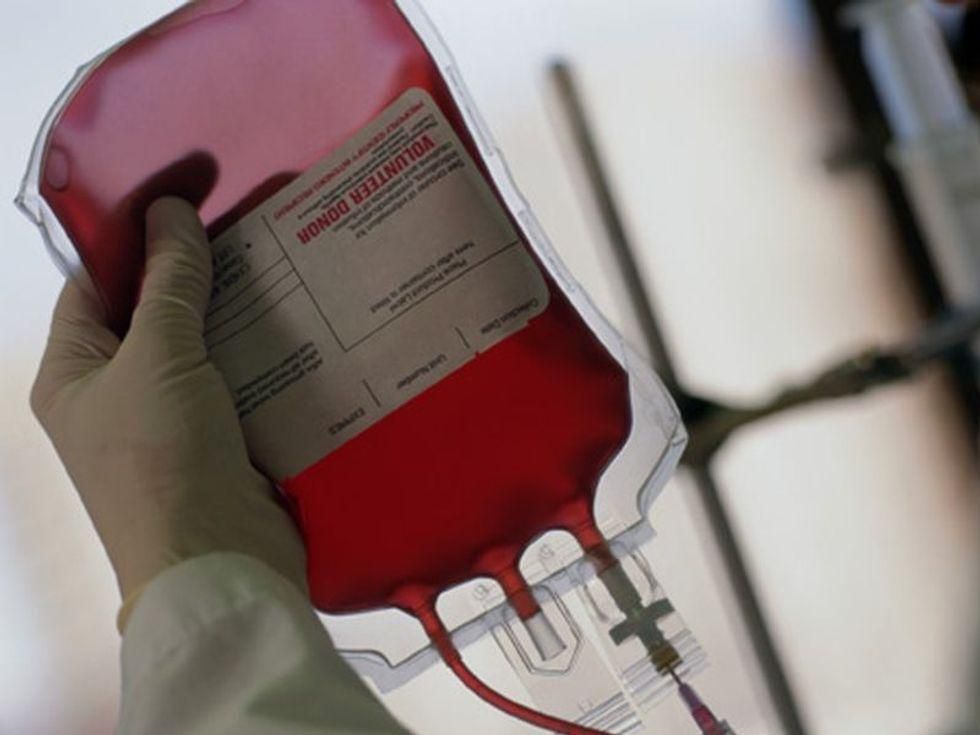
Bottled vitamins might seem a convenient way to get all the important nutrients, but the best delivery method is still just eating actual healthy food. “We have plenty of studies showing that when we look at food as the bioavailable source of certain nutrients of vitamins and minerals, they tend to be one of the… read on > read on >











